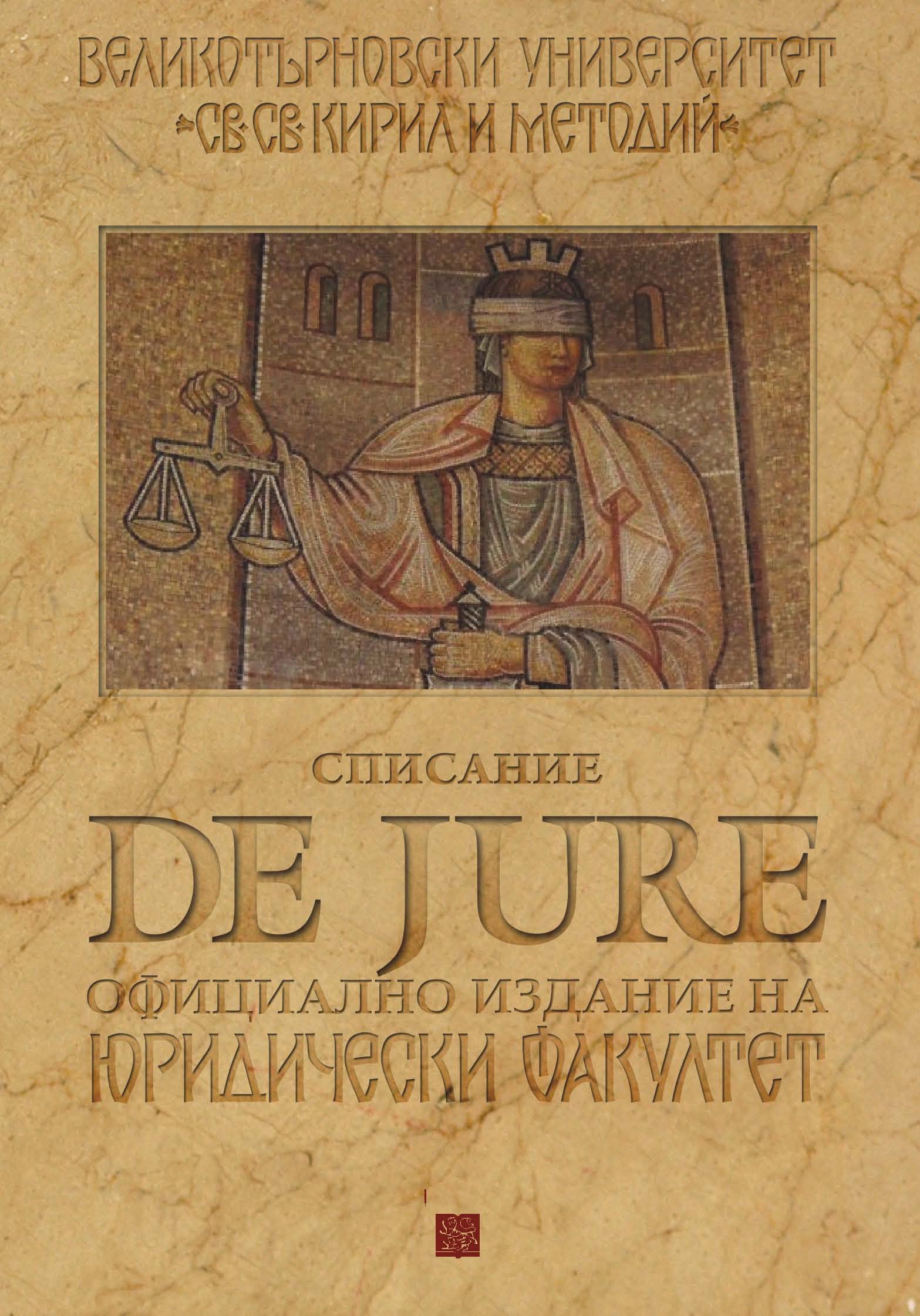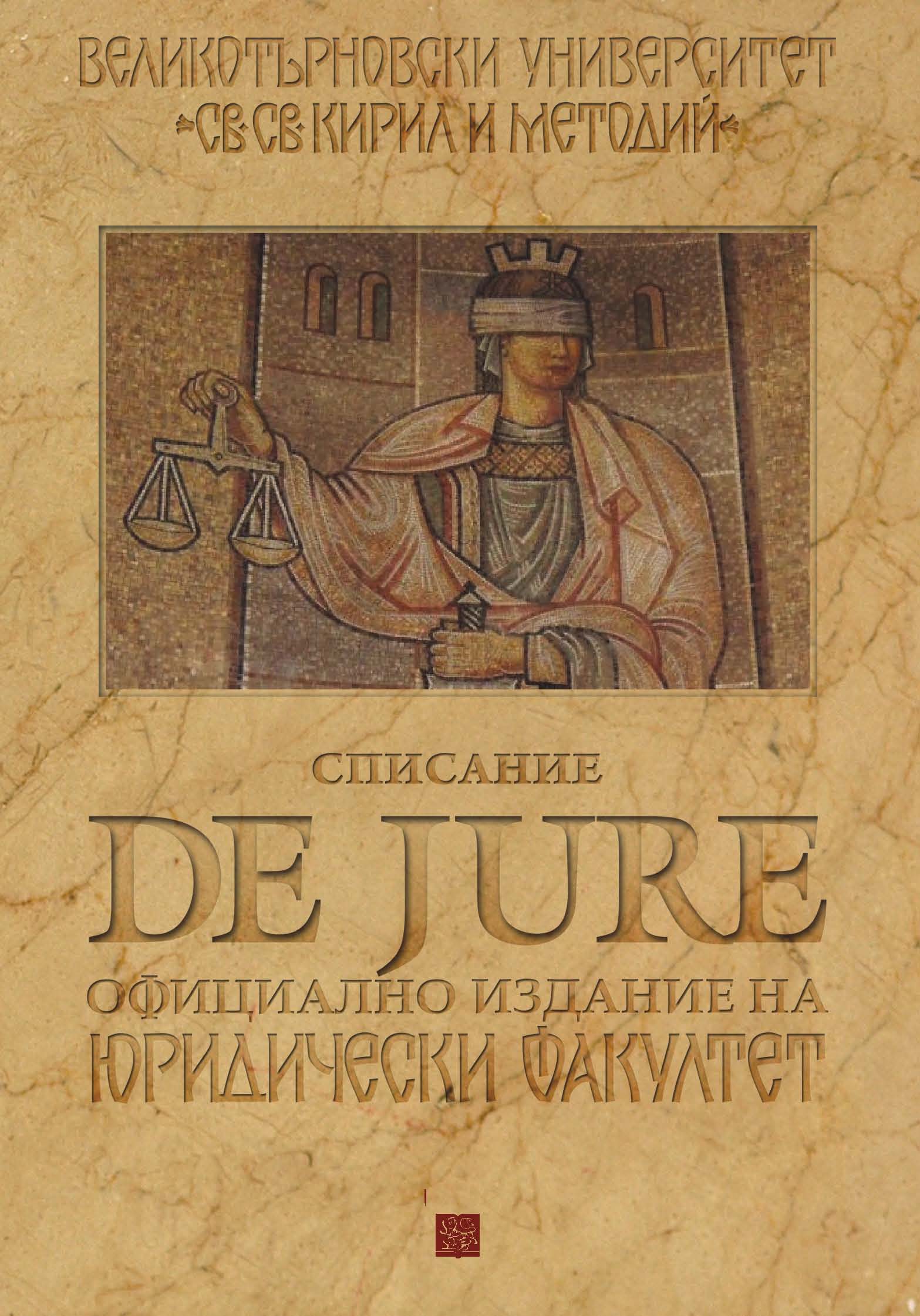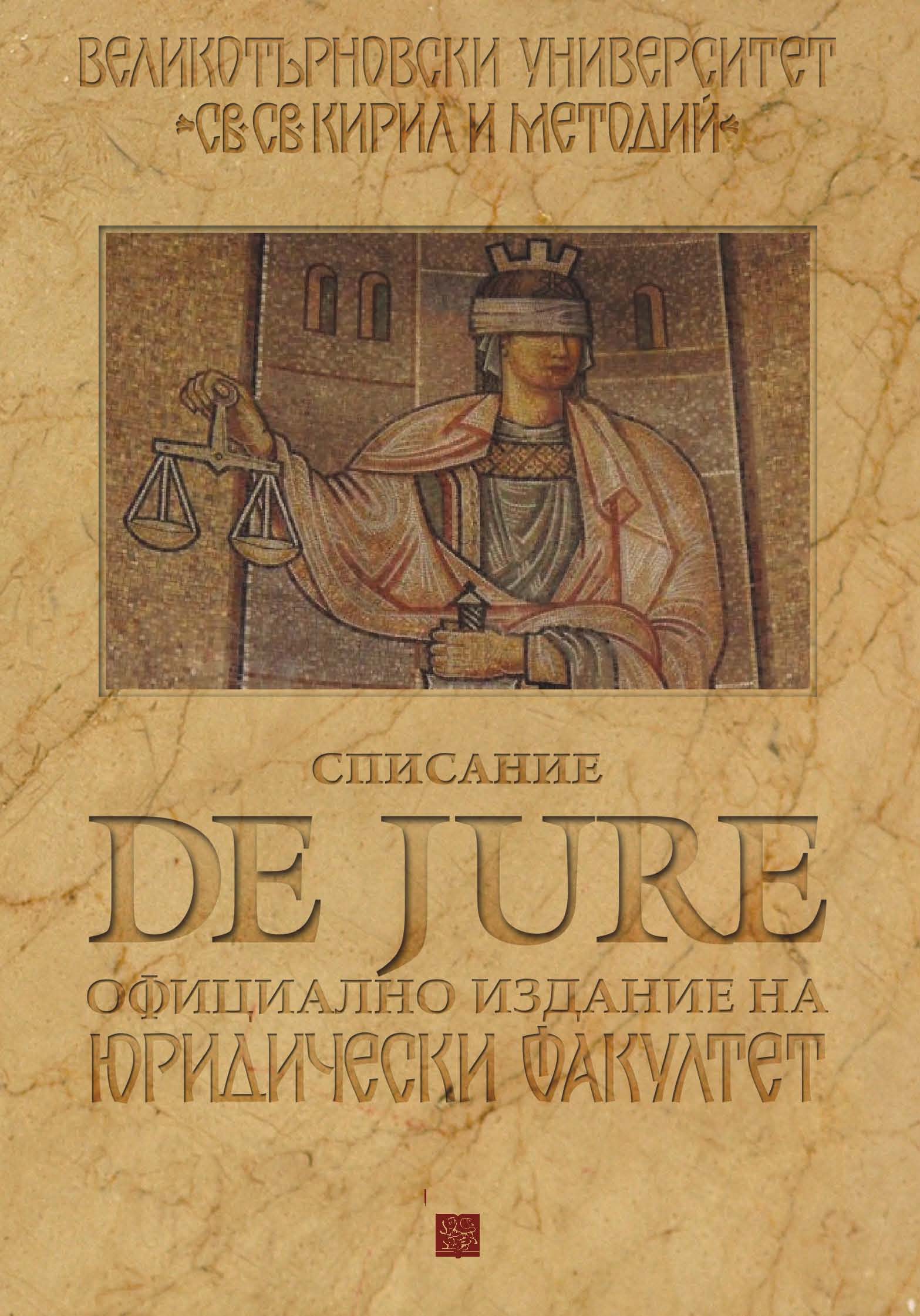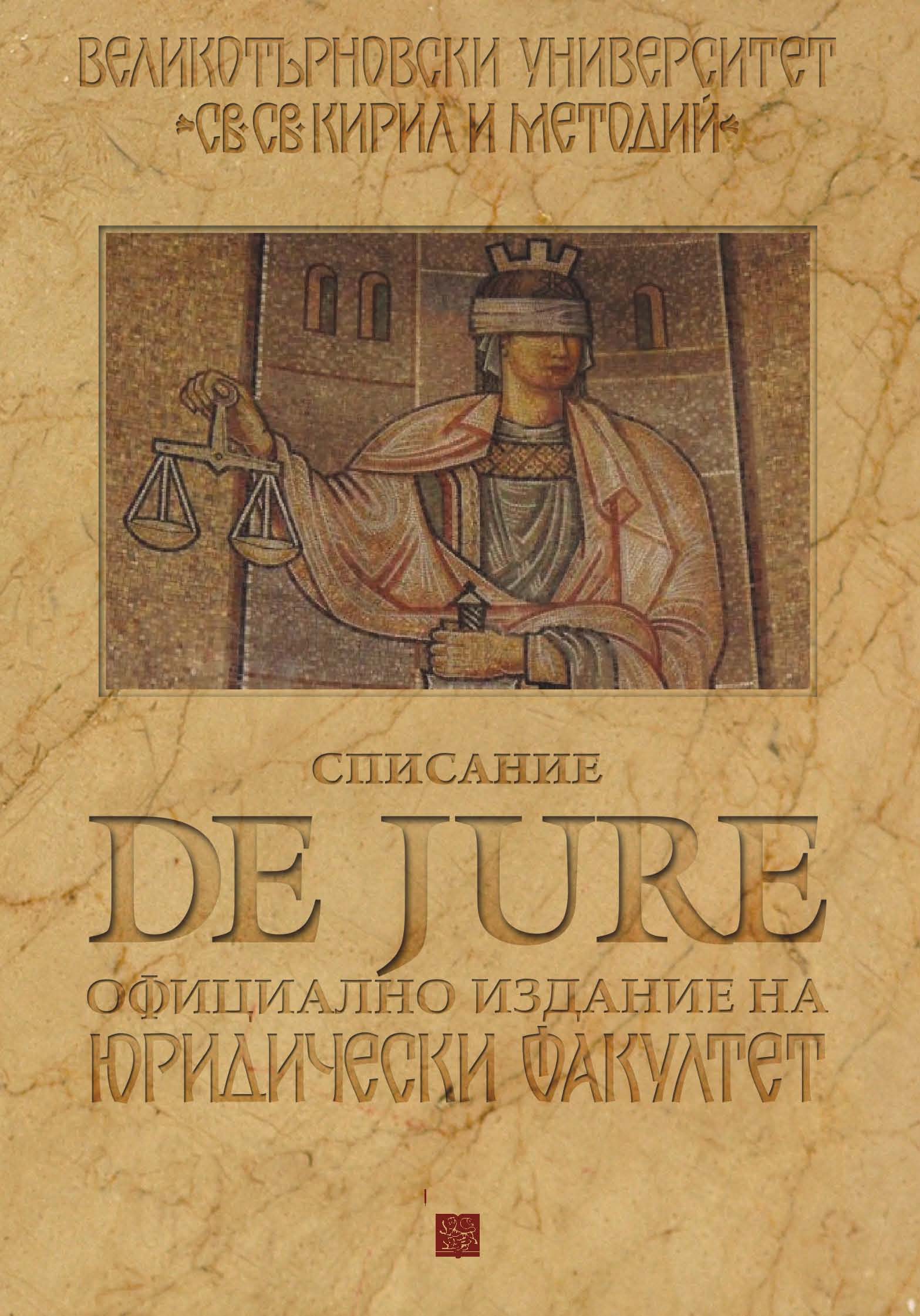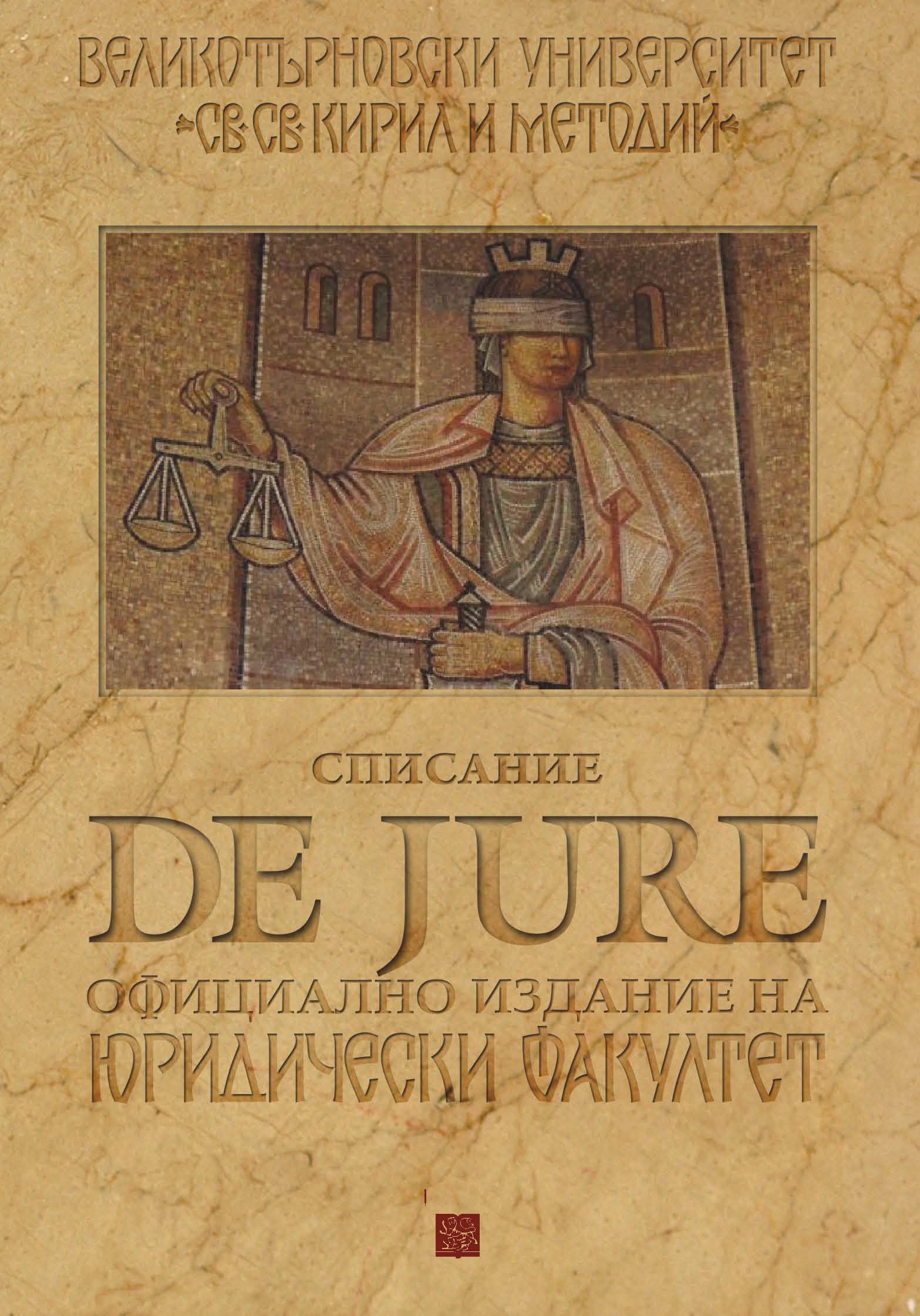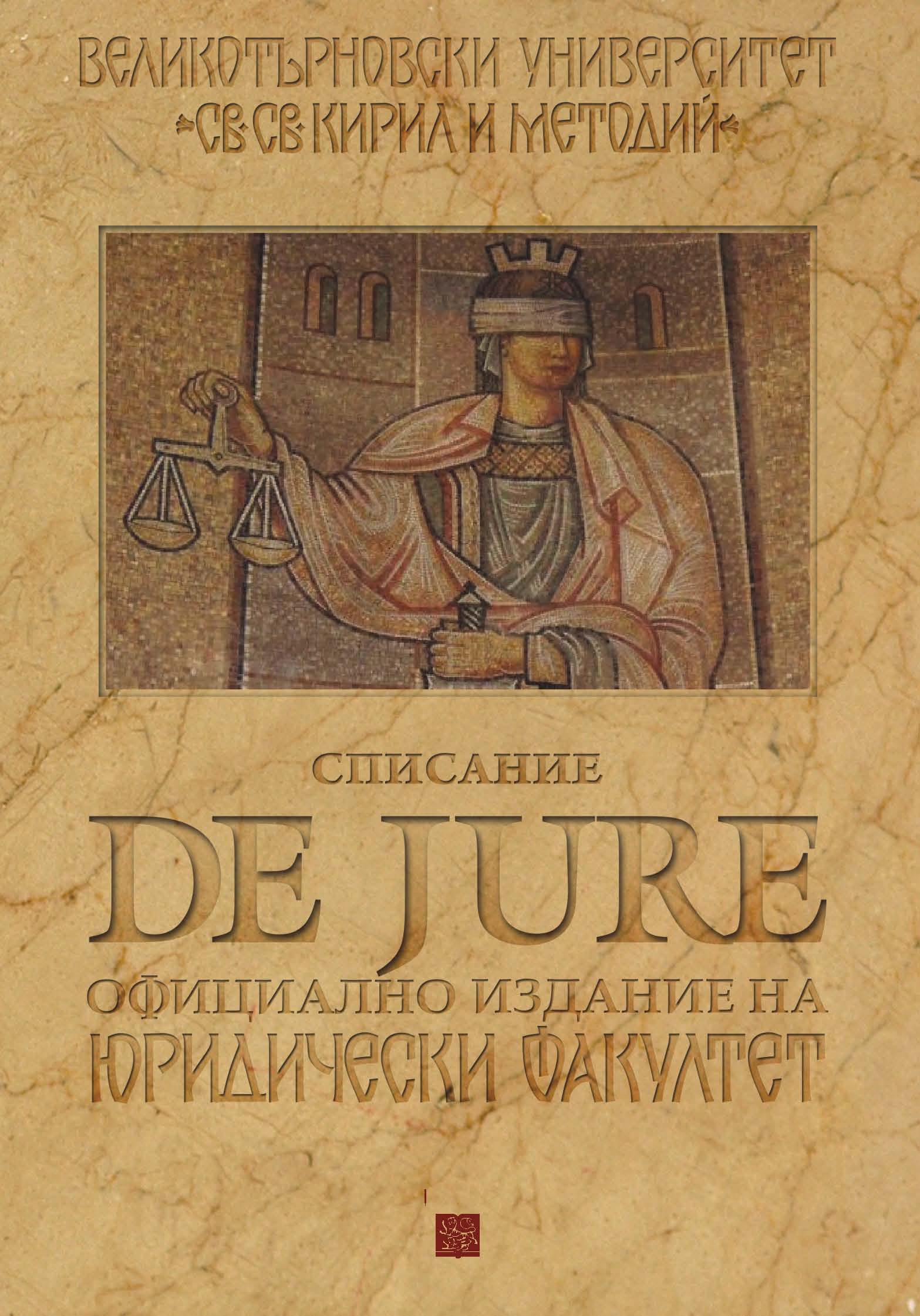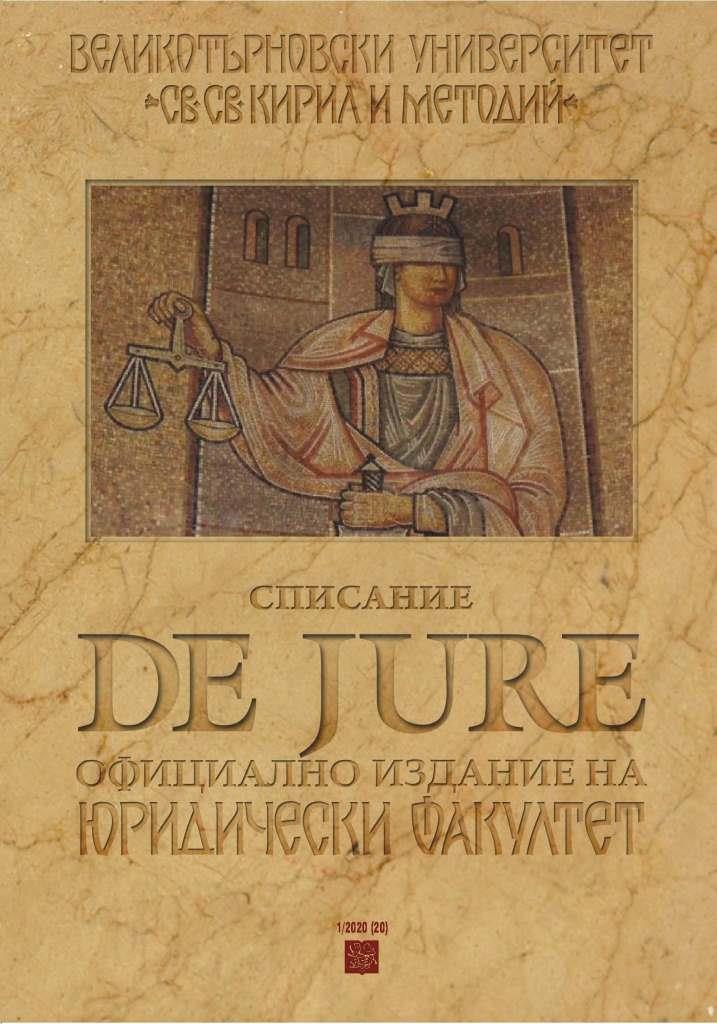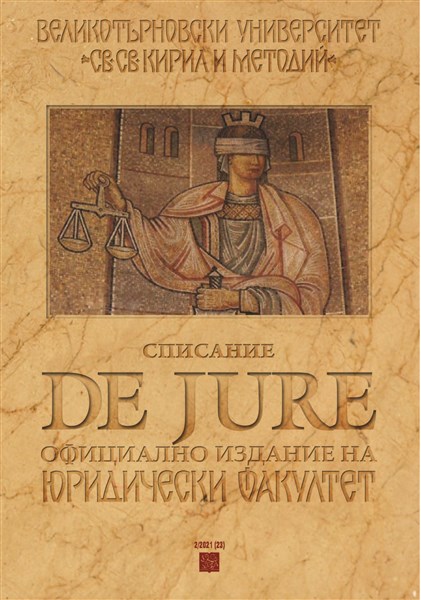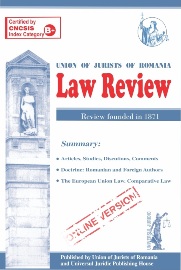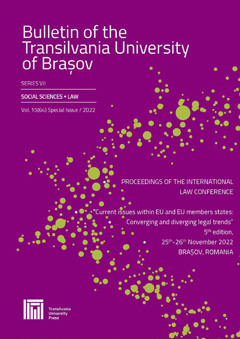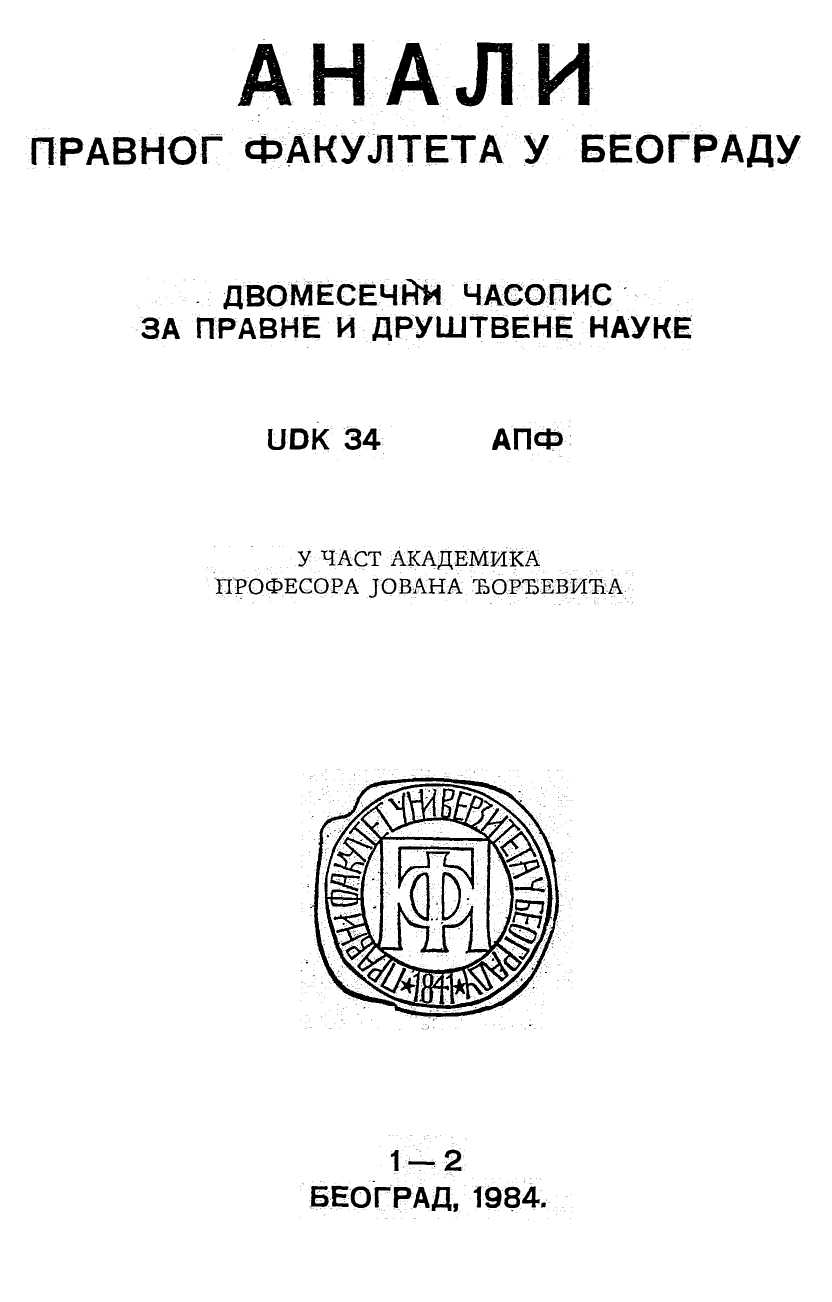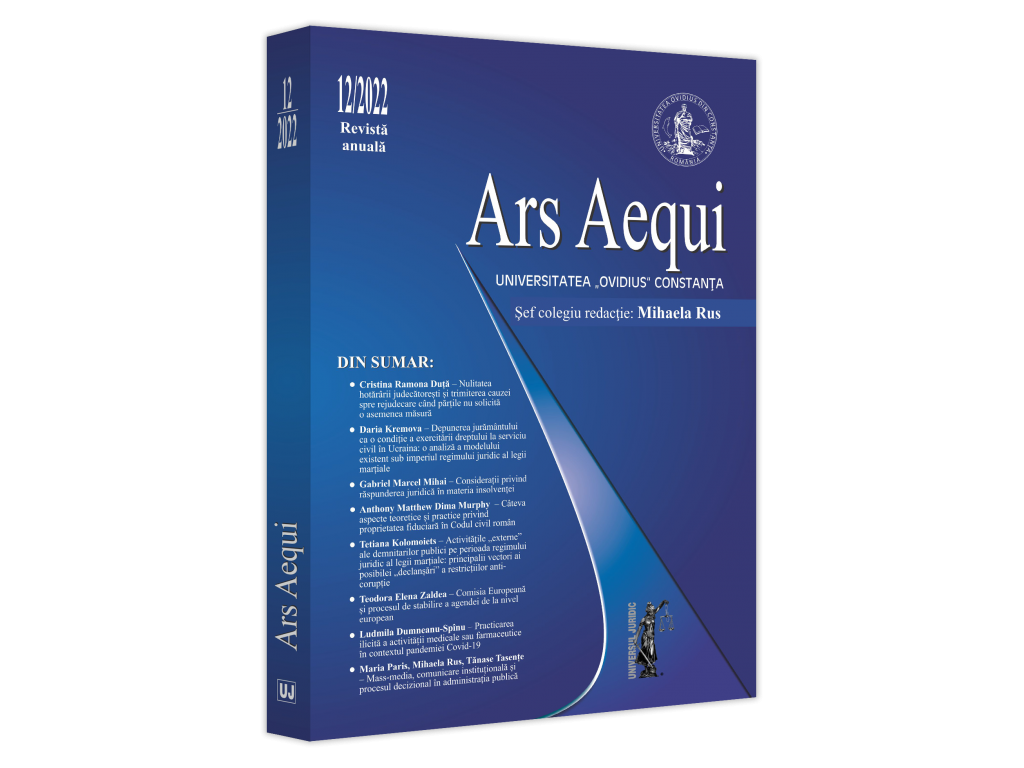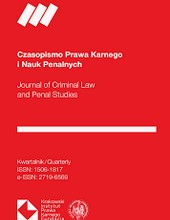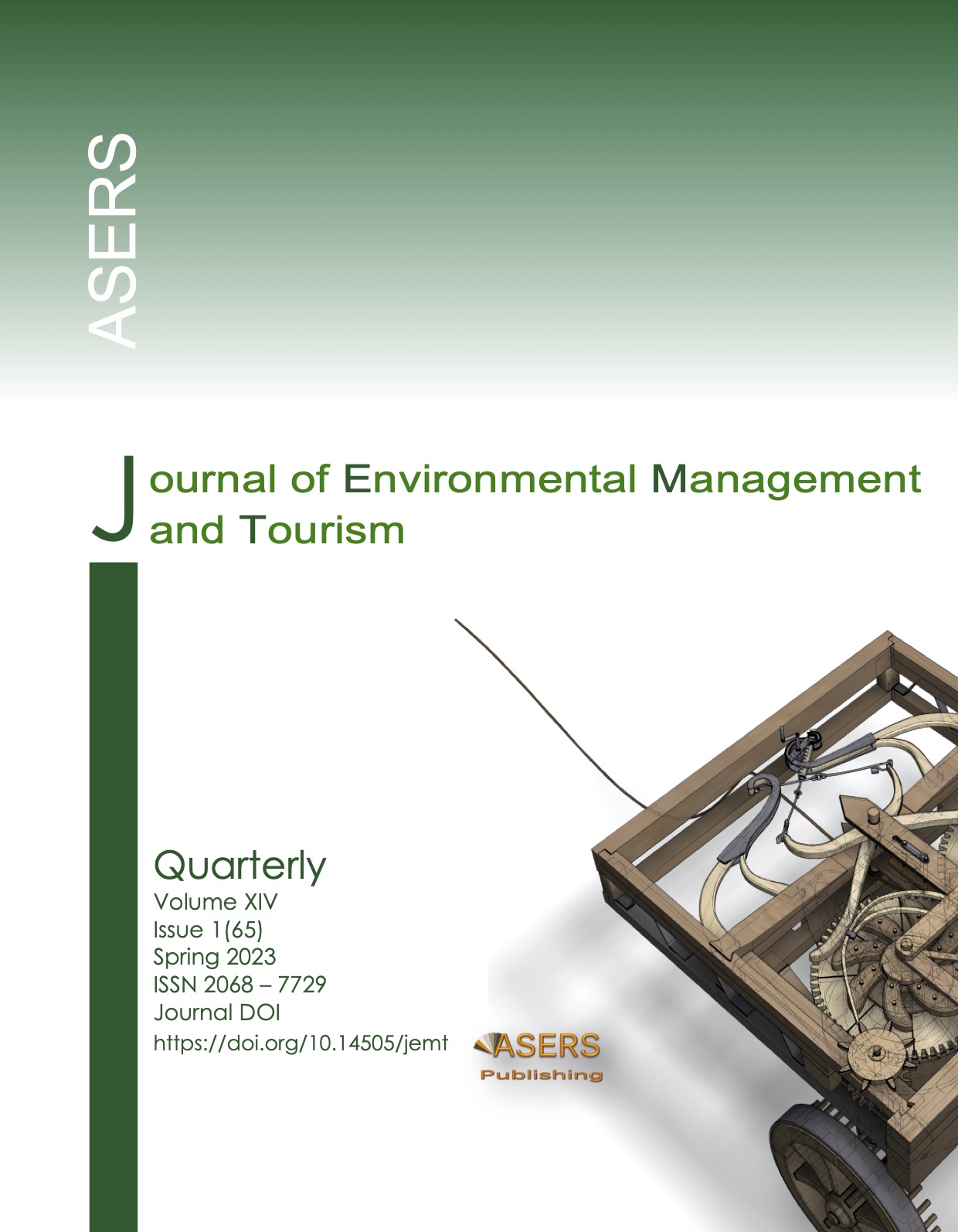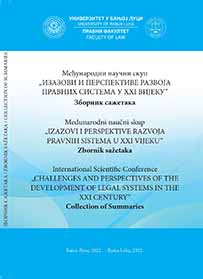Author(s): Mălina Tebieş / Language(s): English
Issue: Supliment/2022
On the one hand, the European Court recalls that the principle of presumption of innocence enshrined in paragraph 2 of art. 6 requires that no representative of the state may make a statement that a person is guilty of a crime before his guilt has been established by a court. Immediate access to a lawyer is part of the procedural guarantees to which the Court will draw special attention when examining whether the procedure has resulted in the extinction of the essence of the privilege against self-incrimination. On the other had, the Constitutional Court of Romania ruled, in its jurisprudence, that the right to defense is in the service of the effectiveness of the enforcement of the constitutional right of citizens to turn to justice for the defense of their rights, freedoms and legitimate interests. This right implies participation in court hearings, the use of evidence and raising exceptions provided for by the criminal procedural law. This right implies participation in court hearings, the use of evidence and raising exceptions provided for by the criminal procedural law. The main point is that the right to defense may not be exercised either personally or through a representative, as long as there is no full information regarding the concrete accusation in criminal matters. The violation of some essential rights of the accused during the criminal investigation phase is directly related to the order to initiate the criminal action. The indictment is issued in the present case as a consequence of the criminal investigation activities carried out since the beginning of the criminal investigation. By violating the legal provisions, the said D.N. suffered an injury to his essential rights in the criminal trial, an injury that can only be remedied by abolishing the indictment, and returning the criminal trial to the criminal prosecution phase for the purpose of hearing the suspect with compliance with all legal requirements. The European Court states that a certain distinction between a judgement that reflects the feeling that the person in question is guilty and the one that is limited to describing a state of suspicion must be made. The first one violates the presumption of innocence, while the other type has been considered more than once to comply with the spirit of art. 6 of the Convention. According to domestic law, the court that considers that the legal classification given to the facts by the indictment should be changed must request the parties to present their observations on this subject and convey to the defendant the aspect that he has the right to request the examination of the case at the end of the hearing or the postponement of the hearing in order to prepare his defense. According to domestic law, the court that considers that the legal classification given to the facts by the indictment should be changed must request the parties to present their observations on this subject and convey to the defendant the aspect that he has the right to request the examination of the case at the end of the hearing or the postponement of the hearing in order to prepare his defense. Only by ordering the change in the legal classification of the facts, through a judicial judgement that does not solve the merits of the case, after the parties have discussed the new legal classification, but before the resolution of the case, is ensured the fairness of the trial. To continue with, the European Court must examine whether the procedure, including the manner in which the evidence was obtained, was fair as a whole. The questions which must be asked in particular are whether the right to defense has been respected and what is the importance of all the main elements that constitute coordinates of this right. The Constitutional Court appreciates that the protection of classified information cannot have priority over the accused's right to information and over the guarantees of the right to a fair trial of all parties in the criminal trial, except under definite and limiting conditions provided by law. Another essential aspect is the privilege against self-incrimination. It is closely related to the presumption of innocence, which is why it is necessary for the prosecution to build its accusation in the matter of the criminal case without using evidence obtained as a result of coercive or oppressive means. Regarding the way the Constitutional Court relates to domestic law we note that the Court finds that a person summoned as a witness, who tells the truth, can incriminate himself, and if he does not tell the truth, avoiding self-incrimination, he commits the crime of perjury. The Court notices that the "right" of the witness not to accuse himself, as it appears from the marginal name of the text of art. 118 of the Code of Criminal Procedure, represents, de facto, a positive obligation to collaborate with the judicial bodies, having the correlative obligation of the latter not to use the statement against him. At the same time, in order to effectively respect the presumption of innocence, a person presumed to be innocent cannot be compelled, determined to produce proof of his guilt. The national judge of the preliminary chamber notes that, according to the jurisprudence of the European Court of Human Rights, in certain cases, a person who is heard as a witness in the criminal trial can be considered the subject of a charge in criminal matters, thus becoming incidental to the rights of the person heard as a witness to keep silent and not to contribute to his own incrimination. From our point of view, there has been a real evolution regarding the protection of the participants’ rights in the criminal trial, both at the level of substantive law and from a procedural point of view. At the same time, the guarantees stipulated both by the European and the Constitutional Court are carefully implemented by judges in specific cases.
More...
